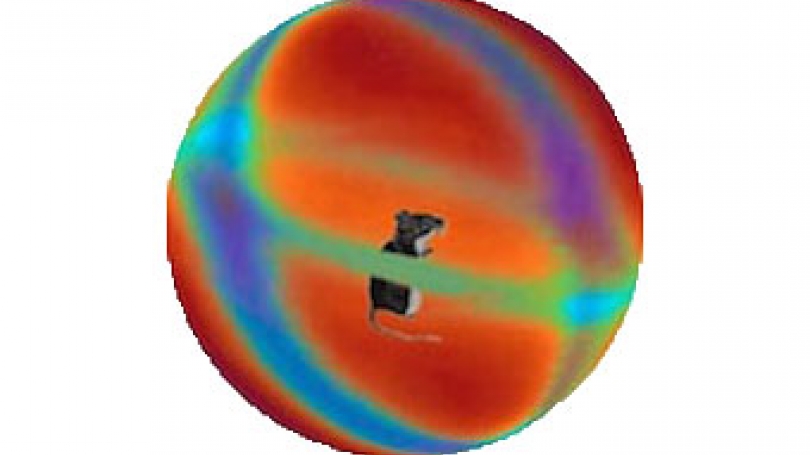
Menu
- Undergraduate
- Graduate
- Research
- Community
- News & Events
- People
Back to Top Nav
Back to Top Nav
Back to Top Nav
Back to Top Nav
Description of a recent NSF grant awarded to Jeffrey Taube and collaborator John Phillips, Virginia Tech University.
The recent discovery that rodents have a well-developed magnetic compass sense has stimulated interest in the neural mechanism responsible for detecting and processing magnetic information in mammals. The proposed research will use electrophysiological recording from individual neurons in the brains of free-moving Long-Evans rats to characterize responses to an earth-strength magnetic field. To maximize the likelihood of detecting these responses, initial recordings will be carried out when rats are first introduced to novel surroundings and deprived of alternative directional cues. One goal of this research is to identify specific classes of spatial neurons that receive magnetic input, e.g., so-called ‘head direction cells’. A second goal is to determine whether the primary sensors responsible for detecting the earth’s field involve one of two mechanisms found in migratory birds and other animals. One mechanism involves small, magnetically sensitive particles of the mineral magnetite and the second a specialized photoreceptor in which the response to light is influenced by the magnetic field. The photoreceptor-based detector, for which there is preliminary evidence in mice and rats, is thought to involve a quantum process that could contribute to the development of new technologies such as quantum computing. Furthermore, input from either mechanism could play a fundamental, and previously unrecognized, role in mammalian spatial perception. The broader impact of this research will (1) extend to multiple fields including biophysics, engineering, cognitive psychology, and sensory ecology, (2) contribute to a better understanding of animal models used in biomedical research (e.g., mouse water maze assays used to study Alzheimer’s disease and other forms of dementia), and (3) provide interdisciplinary training for diverse students and postdoctoral fellows.